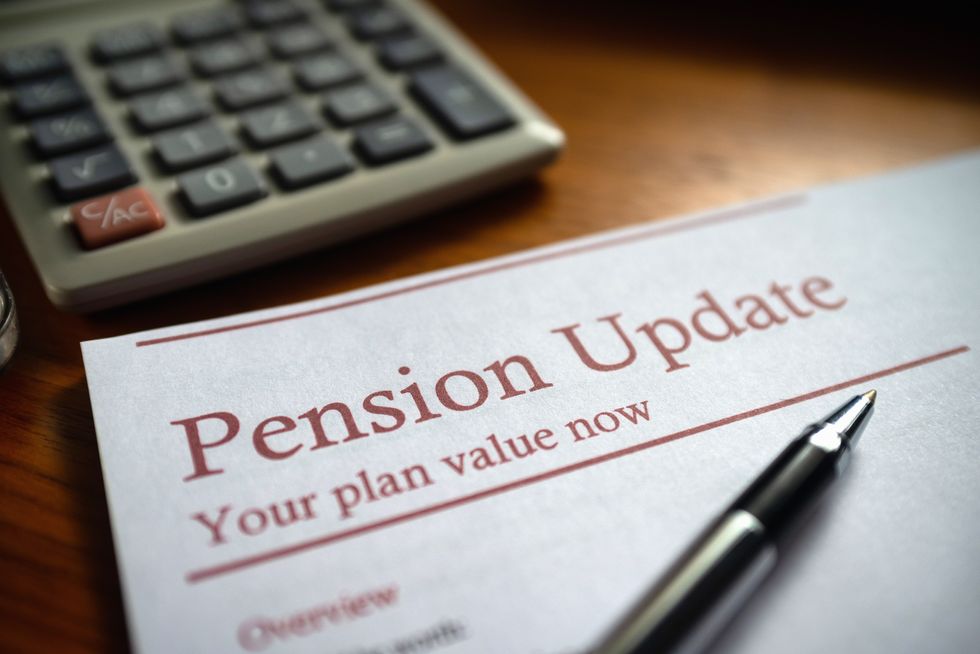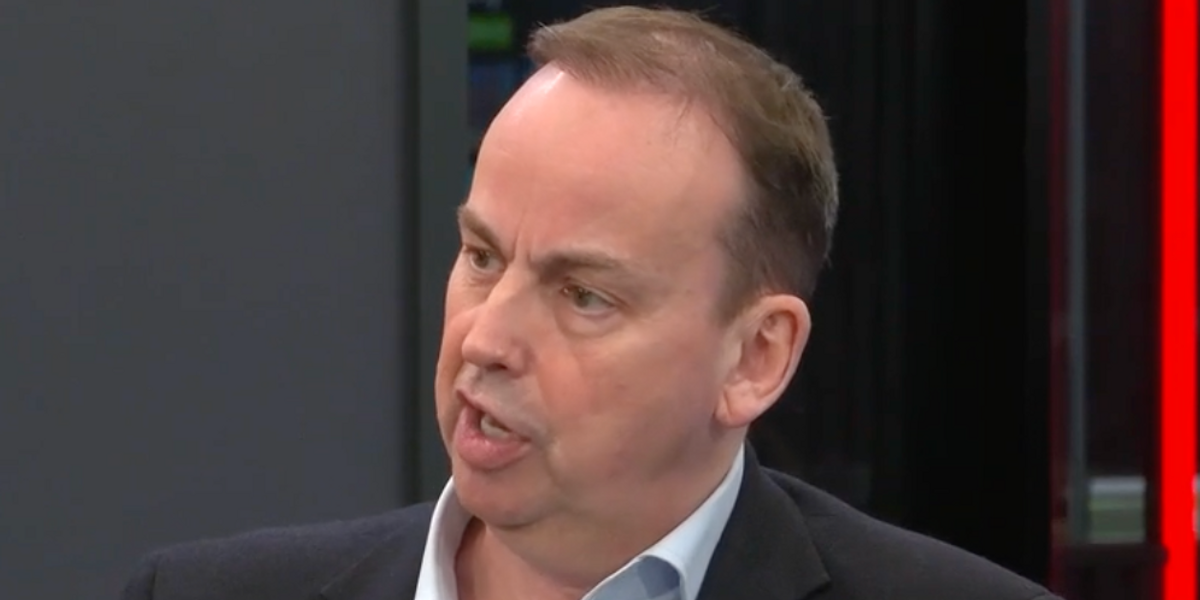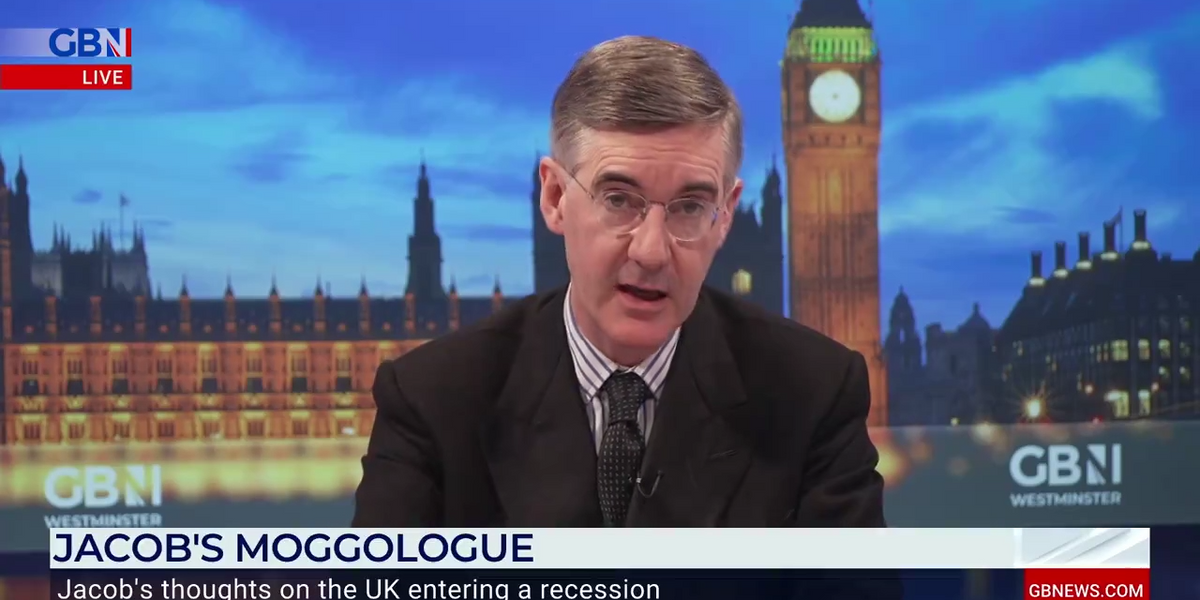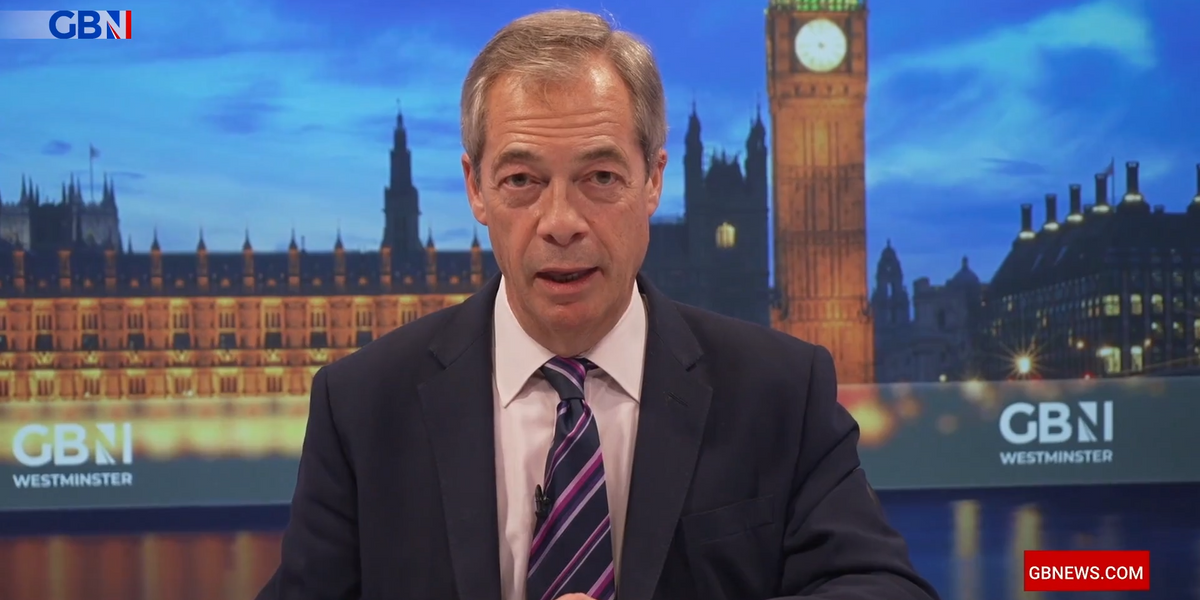
The state pension’s long-term affordability has been called into question due to concerns over “additional costs”.
Experts are reminding the British public to consider the impact of the triple lock, rising life expectancy and changing demographics on peoples’ retirement entitlement going forward.
Recently, a leading think tank called for the state pension age to be raised to 71 by 2050 “to maintain the status quo” and the benefit’s affordability.
This comes after the cost a “comfortable” retirement was revealed to have risen to £59,000 a year, triggering many peoples’ anxiety over whether their pension pots will go far enough.
Do you have a money story you’d like to share? Get in touch by emailing money@gbnews.uk.

Recent proposals would drastically change the state pension for millions
GETTY
Those who reach the state pension age, which is currently 66, and have 35 years of National Insurance contributions under their belt, are usually entitled to get the full payment.
Claimants of the state pension are guaranteed to see their payment rates rise every year thanks to the triple lock.
This is a pledge to raise payments every year by either the rate of inflation, average earnings or by 2.5 per cent; whichever is higher.
Andrew Oxlade, the executive head of Personal Finance at Fidelity International, warned that future Governments will have a “difficult balance to strike” when managing “additional costs” of the state pension going forward.
The finance expert cited life expectancy and demographic trends as being contributing factors, outside of the triple lock.
He explained: “While longer lifespans are something to celebrate, they come with additional state costs.
“The ‘triple lock’ must also be considered. State pension payments have grown at a decent clip over the past decade, even though it was downgraded to a ‘double lock’ during the recent inflation spike.
“The third consideration in cost is the demographic bulge in the number of people reaching retirement age – the so-called baby boomers – coupled with historically low fertility rates.

Experts are sounding the alarm over the long-term affordability of the triple lcok
GETTY
“The Government expects five million more pensioners by 2070, with just one million more people of working age.”
Under the triple lock, the new and basic state pension payment rates will increase by 8.5 per cent in April 2024.
As such, the full new state pension will jump by £17.35 a week from £203.85 to a weekly sum of £221.20.
Furthermore, the full basic state pension will rise by £13.30 per week to £169.50 in two months time.
24World Media does not take any responsibility of the information you see on this page. The content this page contains is from independent third-party content provider. If you have any concerns regarding the content, please free to write us here: contact@24worldmedia.com
Latest Posts

Nigel Farage threatens NatWest with court proceedings to resolve debanking scandal


Amazon delivery driver ‘desperate’ for toilet smashed head on into car

Ricky Norwood set for ITV Dancing on Ice axe as dance expert exposes worrying ‘narrowing down’ trend


HMRC to give hundreds of thousands of households a £300 tax-free payment from today

The culpability for this recession must surely lie with the Bank of England

BBC The Apprentice viewers slam ‘awkward editing’ as contestant cut from spin-off show

BBC to air Steve Wright’s final Top of The Pops appearance amid backlash for treatment of late star

I point the finger of blame far more at the Bank of England than the government on recession